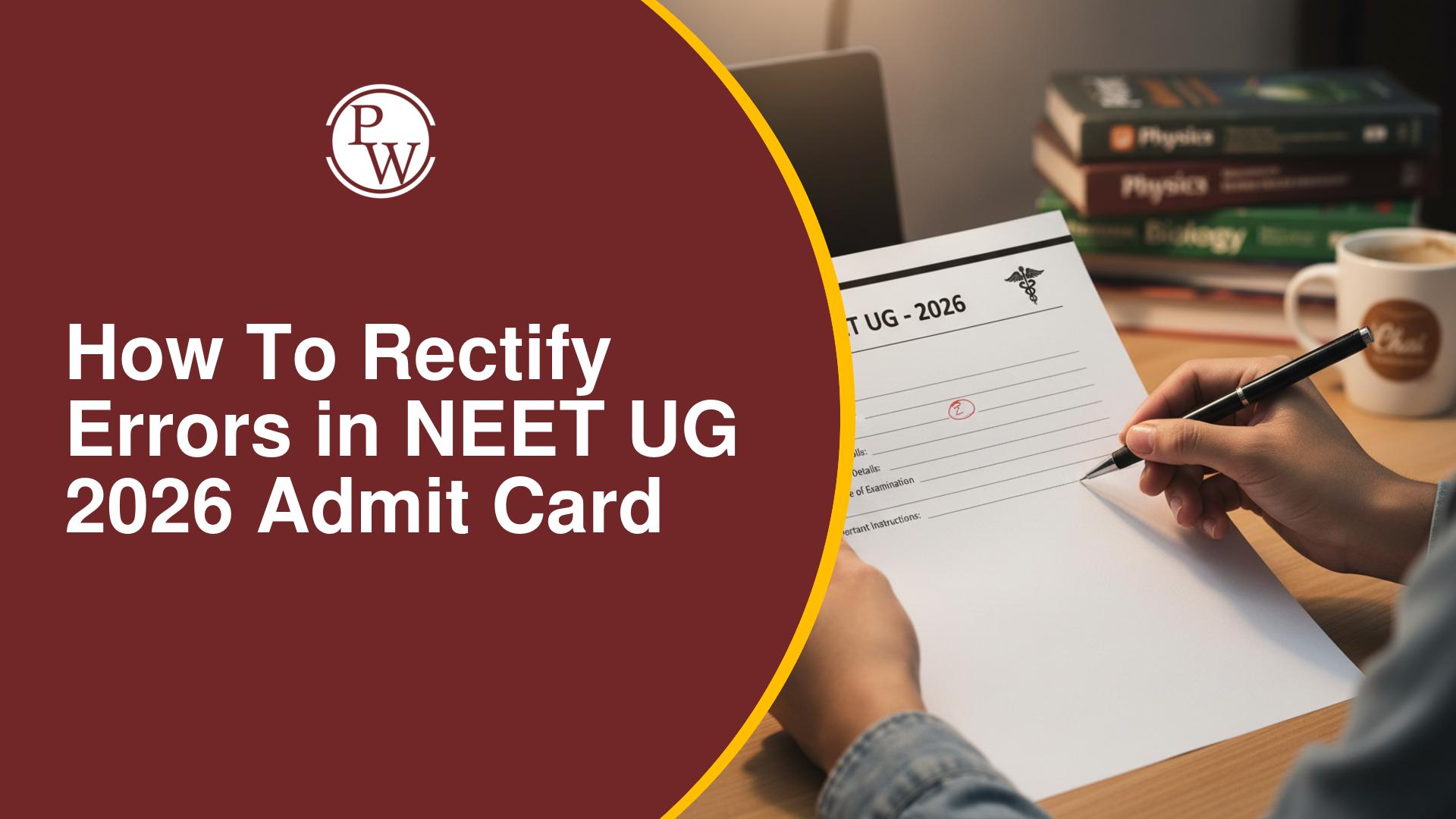
Timetable for NEET 2026 Droppers: NEET is one of the most competitive entrance exams in India. Every year, lakhs of students take the exam, but only a few manage to secure top ranks for medical seats. If you are a dropper for NEET 2026, it means that you are giving yourself one more chance to take the exam after completing Class 12 or after not scoring the desired number in your last attempt.
Droppers have the benefit as they can prepare for NEET without the pressure of board exams. However, a good score requires a well-designed NEET dropper study plan and a solid timetable. A clear NEET 2026 timetable for droppers will ensure that you cover all chapters, revise in time, and practice mock tests effectively.
Timetable for NEET 2026 Droppers
Time Management is the most crucial aspect if you are a NEET dropper. Droppers have a special edge over freshers in terms of time management because they are already familiar with the NEET syllabus. So, they can spend most of their time practising and revising the concepts.
The timetable of a NEET repeater needs to have a dedicated time for theory reading, NCERT-based questions, solving, taking mock tests, and analysis of mistakes. Such a routine will not only help you gain accuracy but also the temperament to crack the exam.
A smart NEET dropper study plan should cover all three subjects equally while giving extra attention to Biology, as it carries the maximum weightage. Below is a daily timetable example:
| Timetable for NEET 2026 Dropper | |
| Time | Activity |
| 6:30 am – 8 am | Wake up, Breakfast, Morning routine |
| 8:00 am – 11:00 am | Solve MCQs, Review new concepts, Focus on weak areas |
| 11:00 am – 12:00 pm | Break – Engage in relaxing activities |
| 12:00 pm – 2 pm | Homework, Assignments, Practice exercises |
| 2:00 pm – 3:00 pm | Lunch, Short nap if needed |
| 3:00 pm – 5:00 pm | Self-study, explore interesting subjects |
| 5:00 pm – 6:00 pm | Tea/Coffee break, Evening walk, Leisure activities |
| 6:00 pm – 9:00 pm | Attend online coaching sessions |
| 9:00 pm – 10:00 pm | Dinner, spend time with family, Relaxation |
| 10:00 pm – 11:00 pm | Review and make notes of the day's study material |
| 11:00 pm | Sleep |
NEET Dropper Study Plan
The drop year allows you to spend more time on weak areas, revise NCERT in detail, and practice more tests. The study plan for a dropper must be clear and well-balanced to help you build concepts and accuracy.
-
Morning Sessions for Biology: Begin your day with Biology, as the mind is fresh in the morning, and Biology has the highest weightage in NEET (360 marks). Read NCERT line by line, make short notes, and practice diagrams to enhance memory.
-
Mid-Morning Chemistry Practice: Follow up with Chemistry, which requires conceptual as well as memory application. Spend equal time on Physical Chemistry problems, Organic reaction mechanism, and Inorganic NCERT revision to build all 3 sections equally strong.
-
Afternoon Physics Problem Solving: Physics tends to be the toughest section for most droppers. Use this time to solve numerical problems, practice PYQs, and revise formulas. Daily problem-solving practice builds speed and exam confidence.
-
Evening Mock Tests and Practice Papers: Include daily or alternate-day mock tests in your dropper’s study plan. Attempt a full-length or subject-wise test under exam conditions and then analyse errors later.
-
Night Revision Before Sleep: Before sleeping, revise what you studied during the day by going through short notes, flashcards, or the points you highlighted in NCERT. This helps with long-term memory and reduces exam day stress.
Prepare for NEET 2026 with PW NEET online batches. These courses provide clear lessons and regular practice tests to help you cover the entire syllabus step-by-step.
Timetable for NEET 2026 Droppers FAQs
What are the tips to prepare for NEET as a dropper?
What is the ideal NEET 2026 timetable for droppers?
Can NEET droppers clear the exam in one year?
What is the NEET dropper study plan for weak students?
How can repeating students stay motivated for NEET?










